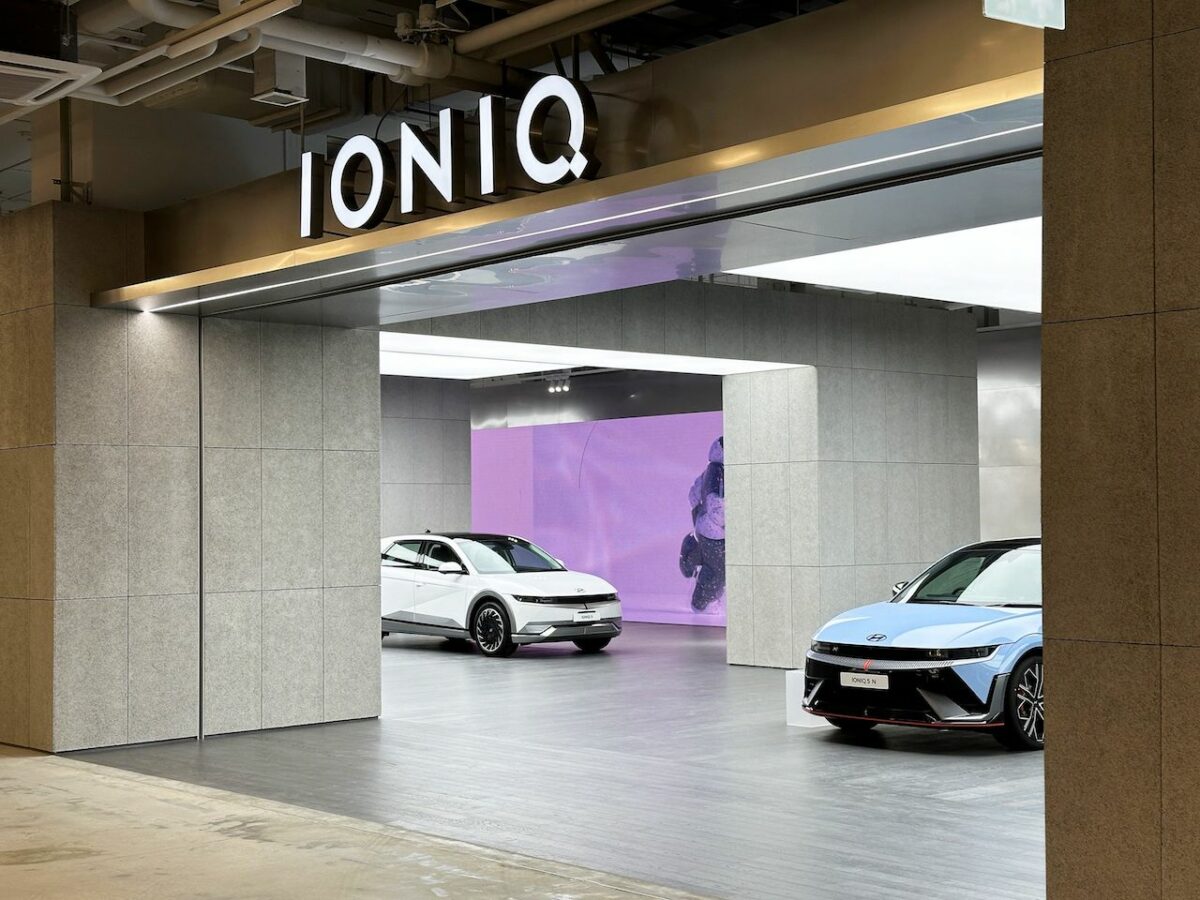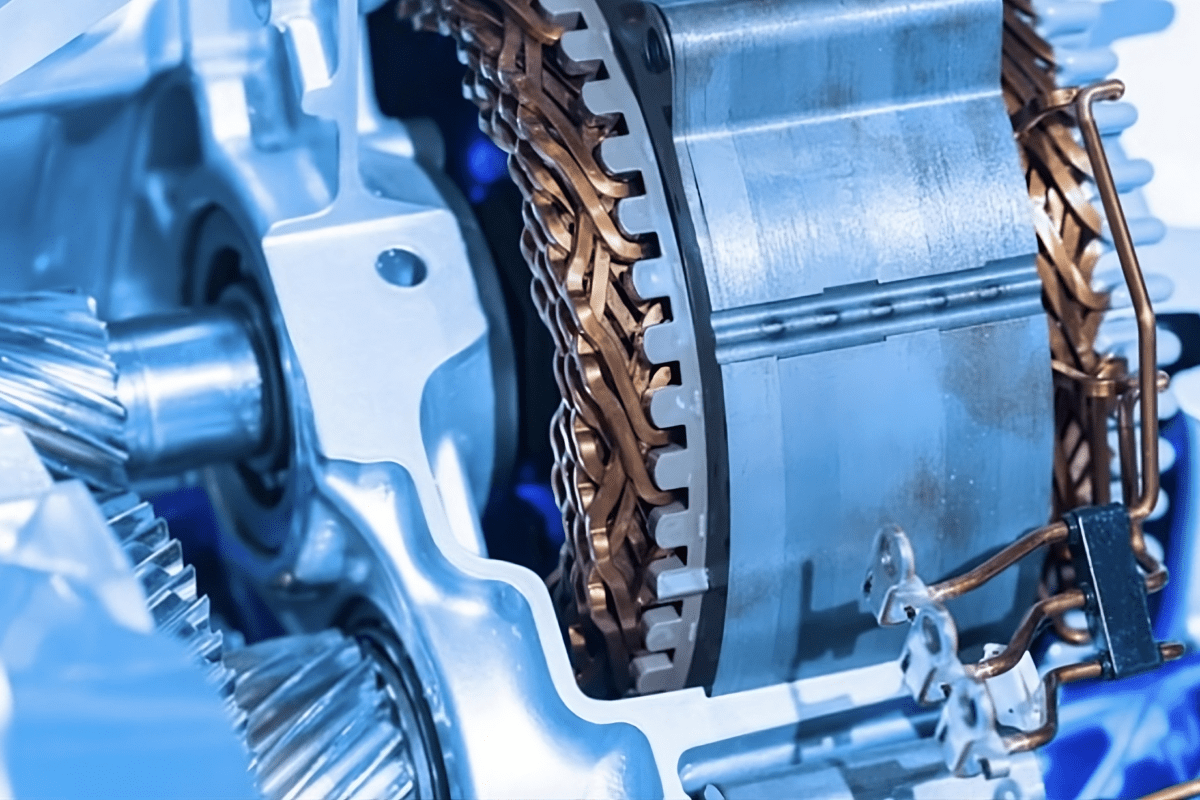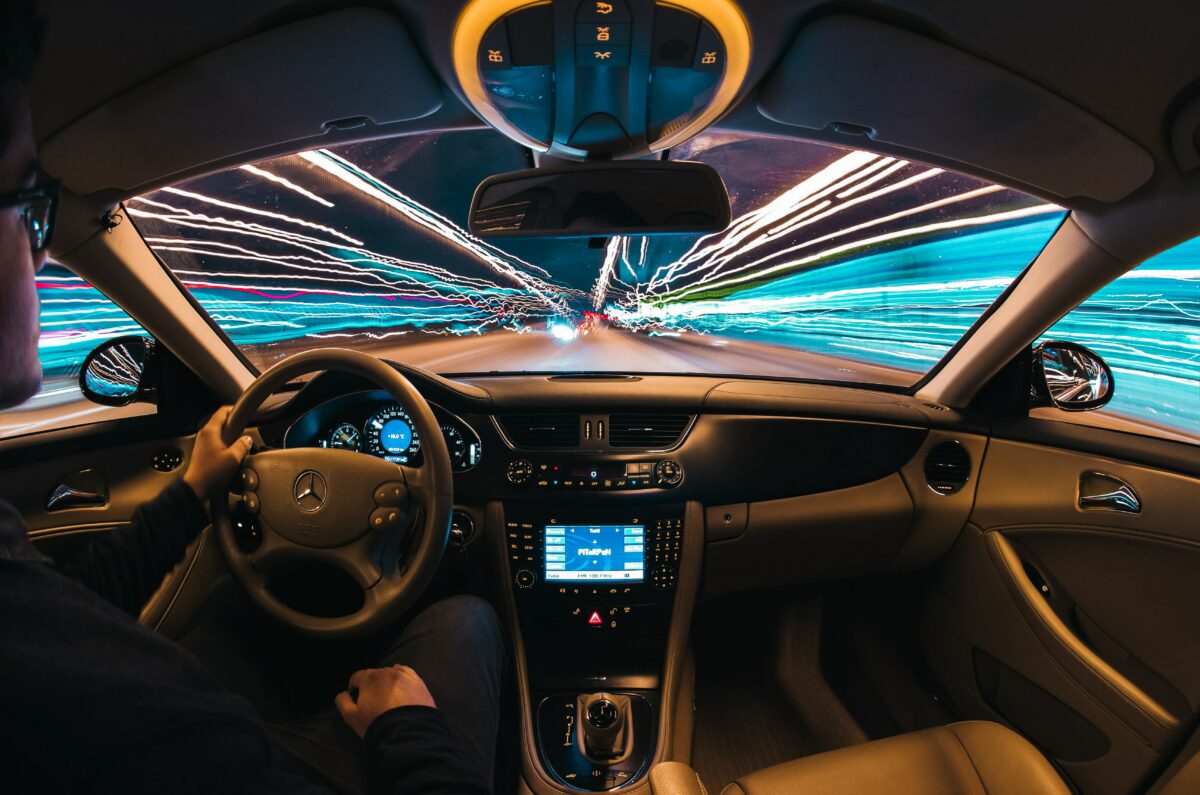Nissan Motor Co., Ltd. will build more models using a new type of steel that combines high tensile strength with a previously unachievable degree of formability, resulting in lighter vehicles that can help lower emissions while protecting occupants.
Nissan is the world’s first carmaker to use the high-formability steel, with a tensile strength of 980 megapascals, which was jointly developed by Nissan and Nippon Steel & Sumitomo Metal Corp. The steel’s combination of stamping formability and strength makes it possible to form parts with complex shapes that are thinner and lighter than those made of conventional high tensile strength steel, while maintaining the ability to absorb energy in a collision.
The INFINITI QX50 premium midsize SUV, which went on sale in the U.S. in March, is the world’s first vehicle with front and rear side members made from 980-megapascal ultrahigh tensile strength steel, along with other body frame parts. Nissan plans to expand the use of the material, which enhances fuel efficiency as well as driving performance by lowering vehicle weight, to other models.
Nissan launched a sustainability plan this month that calls for lowering CO2 emissions from its new vehicles by 40% by fiscal year 2022, compared with fiscal year 2000. The company is aggressively developing technologies to expand the use of ultrahigh tensile strength steel, aiming for it to make up 25% of the company’s vehicle parts by weight. The material makes up 27% of the new QX50.
The 980-megapascal steel developed with Nippon Steel & Sumitomo Metal can be cold-pressed, making it suitable for mass production. This will help contain increases in vehicle cost.
About Nissan Motor Co., Ltd.
Nissan is a global full-line vehicle manufacturer that sells more than 60 models under the Nissan, INFINITI and Datsun brands. In fiscal year 2017, the company sold 5.77 million vehicles globally, generating revenue of 11.9 trillion yen. On April 1, 2017, the company embarked on Nissan M.O.V.E. to 2022, a six-year plan targeting a 30% increase in annualized revenues to 16.5 trillion yen by the end of fiscal 2022, along with cumulative free cash flow of 2.5 trillion yen. As part of Nissan M.O.V.E. to 2022, the company plans to extend its leadership in electric vehicles, symbolized by the world’s best-selling all-electric vehicle in history, the Nissan LEAF. Nissan’s global headquarters in Yokohama, Japan, manages operations in six regions: Asia & Oceania; Africa, the Middle East & India; China; Europe; Latin America; and North America. Nissan has partnered with French manufacturer Renault since 1999 and acquired a 34% stake in Mitsubishi Motors in 2016. Renault-Nissan-Mitsubishi is today the world’s largest automotive partnership, with combined sales of more than 10.6 million vehicles in calendar year 2017.
For more information about our products, services and commitment to sustainable mobility, visit
nissan-global.com. You can also follow us on Facebook, Instagram, Twitter and LinkedIn and see all our latest videos on YouTube.




